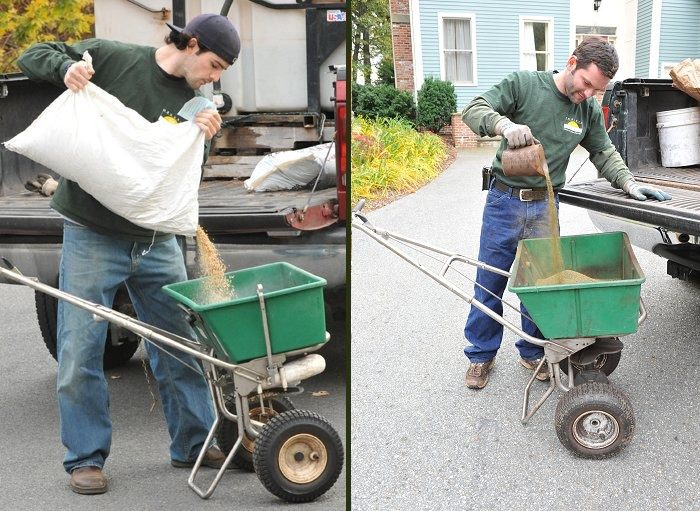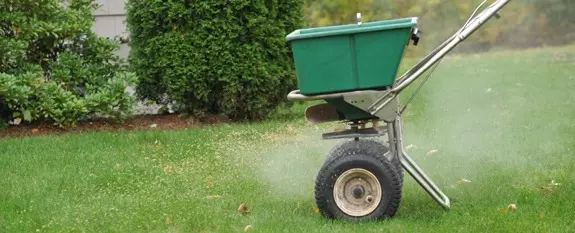ORGANIC GRANULAR FERTILIZERS
Home / SUMMER MICROBIAL FOODS

Some soils are exceptionally good at growing grass and others are tough. Most are in between. Organic lawn care is always going to be harder in some places than other. Most soil qualities are hard to change and some soils will never be great. Just as we wish for our children, Organic Soil Solutions wants our soils to reach their fullest potential.
Organic Soil Solutions Organic Granular Fertilizers. Organic Soil Solutions uses a soy based fertilizer that is good food for the soil biology. The dictionary says a fertilizer is any substance that fertilizes the soil. That’s our stuff. The bacteria and fungi have to eat the soy to break it down. They, in turn, have to be eaten by the protozoa and nematodes to make the nitrogen and other nutrients plant available. Nutrients don’t run off or leach into the ground water. The soil holds the nutrients in a manner that allows them to be available to the plant when the plant needs them. The fertilizer poses no contact problems for the applicator, children or pets. All this biological activity and nutrient cycling improves the soil and makes it easier for plants to thrive. The plants are really a third party in all this.
More and more, researchers, scientists and turf managers are recognizing the incredible benefits of a biologically active soil. Much of a plant’s energy is used to manufacture exudates that attract helpful soil biology. Soluble chemical fertilizers contain mineral salts that are readily available to the plants, but they acidify the soil and repel the soil biology. What isn’t used by the plants leaches through the soil and into the groundwater. Organic matter is decreased, soil structure declines and water holding capacity diminishes. Remember, when it comes to fertilizer and soil health, it’s just like in the cowboy movies. Organic wears the white hat and chemical wears the black.
The most effective way to kill crab grass may be with an herbicide, but the best way to control it is with a healthy lawn. Although we don’t usually notice it, crab grass germinates in spring during forsythia bloom, or when soil temperatures reach 55 – 60 degrees. Each plant produces over 150,000 seeds and they stay dormant in the soil for many years. Crab grass likes compaction, heat and lots of sunlight. It is an opportunistic summer annual that doesn’t get a chance in a vigorous, dense turf. To reduce crab grass, water only when necessary and then, provide a thorough and deep soaking. Frequent, light watering can promote crab grass germination. Mow high and leave the clippings.

